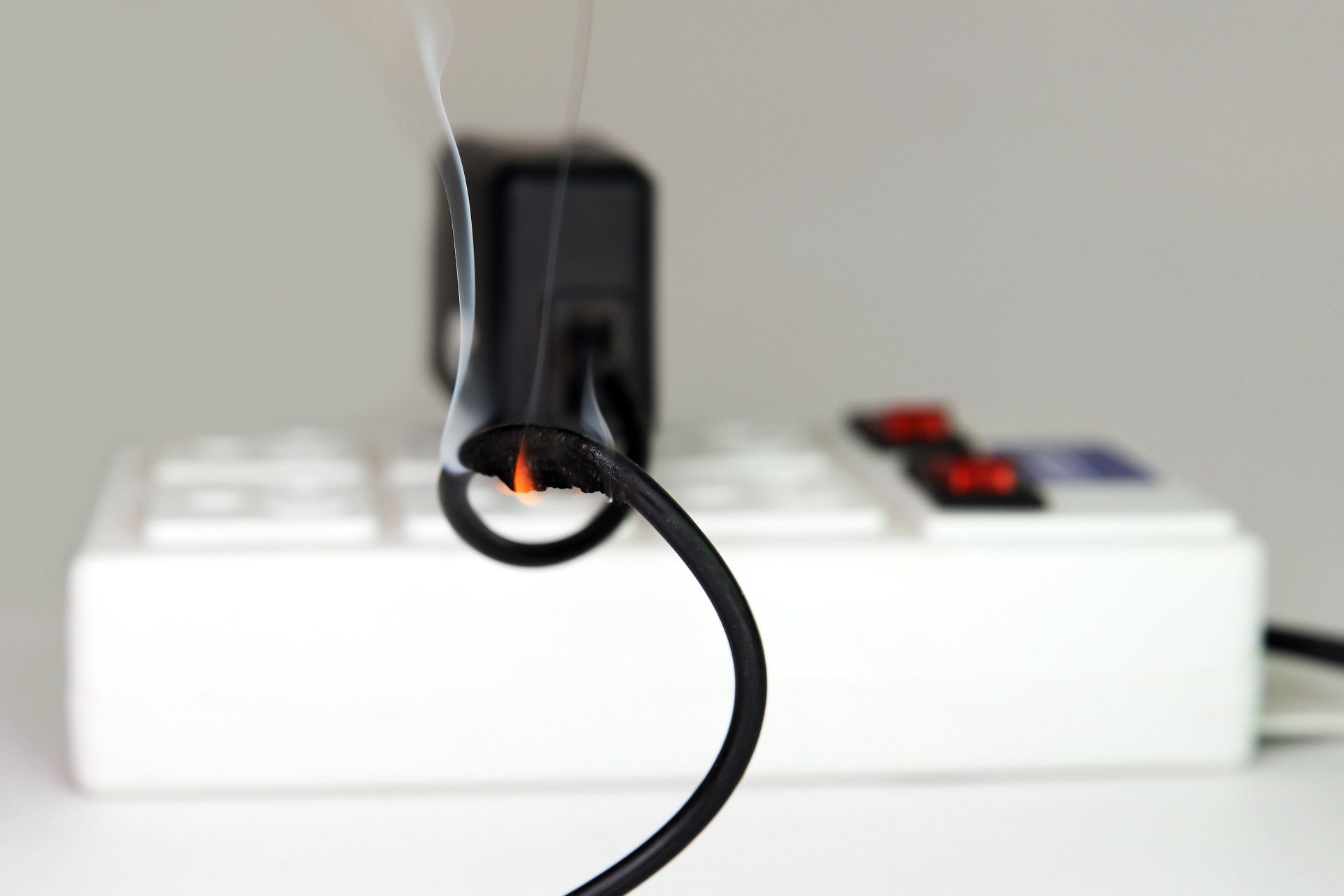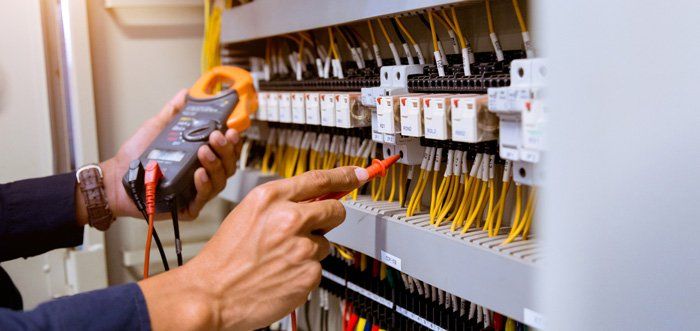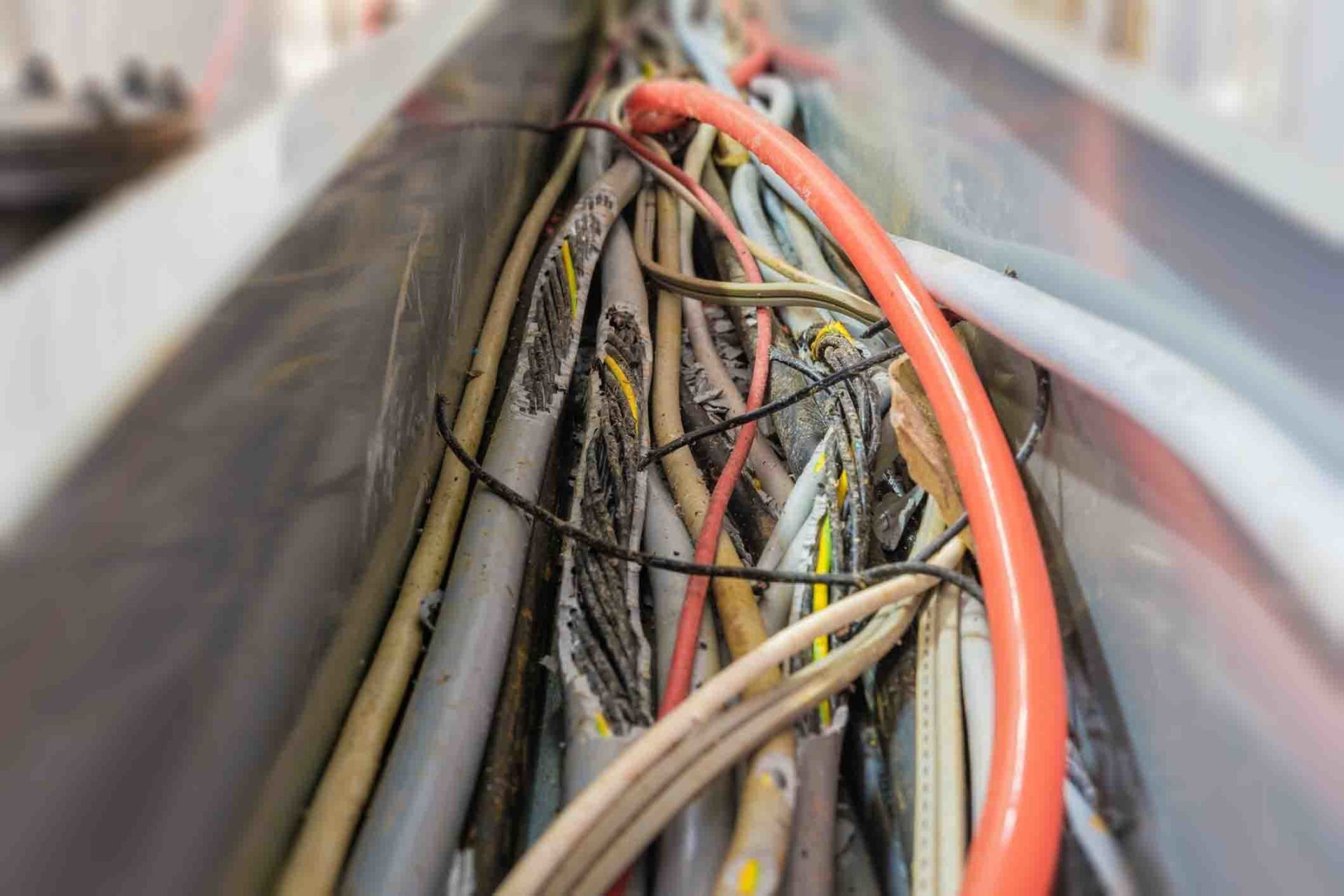Combating Summertime's Electrical Issues
While you try to relax and keep cool and comfortable during the peak of summer in Alabama, your home is probably working hard to maintain that comfort. Air conditioners, fans, and other electric methods of keeping cool are working around the clock.
Sometimes, the hot, humid days and nights can present unique challenges to the electrical system of your home. Here are a few of those challenges and what you can do to overcome them.
Proper Ceiling Fan Use
However, there are a couple of things to keep in mind if you want the greatest benefits:
- If your fan is a combination fan and light, make sure the bulbs are LED rather than incandescent light bulbs. Each LED bulb will save you about $95 in electrical costs over its lifetime (based on electricity costs in Alabama in June 2018).
- Turn off those fans when you leave the room. Running them in your absence will not lower the overall temperature of the room - they will only use more electricity. Ceiling fans work by moving air across your skin and helping you feel cooler, so you have to be present to benefit from them.
- Make sure the fan blades are rotating in the proper direction for summer. The blades should pull the air down into the room. As you observe the fans in motion, they should spin counter-clockwise. Flip the switch on the base of the fan to change direction.
Tripped Breakers
If you live in a home with older wiring, you may experience frequent tripped breakers. This can become more apparent during the summer when you use your central air unit, window air units, or multiple floor fans to keep cool. Using several appliances at the same time can overload circuits in older electrical systems.
If this happens, you probably don't want to give up by unplugging your fans and air units. Instead, try to use other appliances like the microwave or vacuum cleaner at different electrical outlets and not at the same time. This helps ease the electrical demands for an older electrical system and breakers.
If the problem continues, it may be time for an upgrade. An electrician
can easily add additional circuits to your breaker panel or do a complete rewire of your home. This way, you can use those appliances and fans when you need them without worrying about tripping breakers.
Brownouts
To provide power to your home during power dips such as brownouts or a complete blackout, consider installing a residential backup power generator. This type of generator:
- Starts and stops automatically when the power is out. This means you have continuous, uninterrupted power during times of power failure.
- Provides between 5,000 and 20,000 watts of power, which is plenty for your appliances, lights, and central air unit.
- Is safer than portable generators because it is permanently installed outside of the home. There is less risk of carbon monoxide poisoning.
If you are interested in adding circuit breakers, updating your home's electrical system, or discussing the benefits of adding a residential backup generator, contact Presley & Son Electric Service. We can help you keep cool and comfortable this summer.














